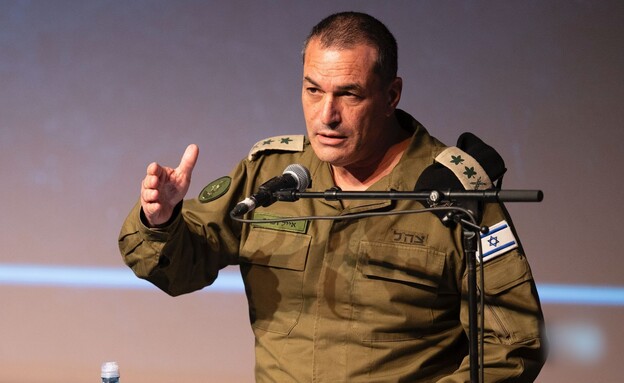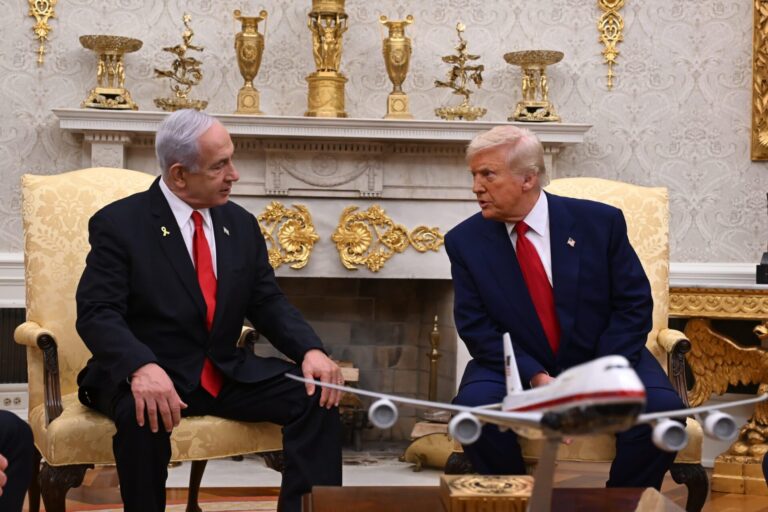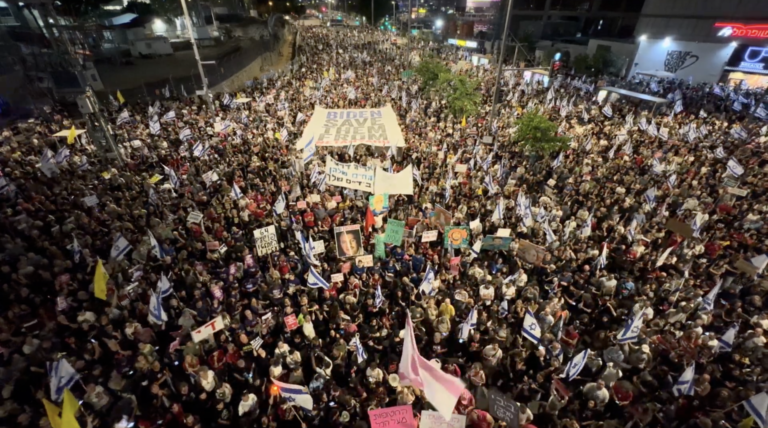When Prime Minister Benjamin Netanyahu publicly clashes with Shin Bet chief Ronen Bar in the High Court, he presumably believes he has good reasons. Similarly, when Finance Minister Bezalel Smotrich confronts IDF Chief of Staff Eyal Zamir in cabinet meetings, openly suggesting he could be replaced, he too feels justified. After all, when he entered the role, Zamir promised the political echelon that the IDF would take control over the distribution of humanitarian aid in Gaza, or at least help secure it—so what changed?
Practically speaking, if the Israeli government concludes that the entire leadership of the security establishment is either incapable or unwilling to carry out their duties effectively in wartime, does the reasoning even matter? If ex-IDF Chief of Staff Herzi Halevi was hesitant, Bar is seen as subversive, and Zamir as indecisive—and if the entire security establishment is reluctant to decisively defeat Hamas, then the government’s objectives simply can’t be met.
The recent legal clash between Bar and Netanyahu marks a significant—and troubling—moment in the relationship between Israel’s political leadership and security establishment. In Israeli historical terms, it could become as significant as the notorious “Bus 300 affair” in 1984, when Israeli security forces killed two Palestinian hijackers after they were already arrested, leading to a cover-up and public scandal after the truth came out. Ultimately, the affair’s fallout reshaped the relationship between the Shin Bet and political leaders.
Nevertheless, however significant these internal conflicts might be, there’s still a war ongoing.
Let’s not forget, the dismissals of Defense Minister Yoav Gallant, the IDF’s Halevi, and the Shin Bet’s Bar were initially portrayed as a means to reshape the reality in Gaza, encouraging mass emigration and dismantling Hamas as both a governing and military entity. Removing Ronen Bar, however, is not an official war aim.
“Operation Strength and Sword” was launched with an unusually broad consensus among Netanyahu, Smotrich, Zamir, Bar, and Defense Minister Israel Katz. It was understood as merely a stage in a longer process—but a process toward what? Pressing Hamas to return half the hostages in a deal? Or positioning Israeli forces strategically for a large-scale, multi-division assault into Hamas’ last remaining strongholds, potentially occupying Gaza indefinitely?
This was precisely the discussion at Tuesday’s cabinet meeting. On a personal level, the feeling in the room was awkward. Seeing Netanyahu and Bar sitting just chairs apart, discussing Gaza as though their bitter public dispute didn’t exist, was uncomfortable and surreal. Practically, it became evident that the IDF, even under Zamir, still views returning the hostages as its primary—not secondary—goal, as Smotrich openly argues, and many Likud leaders privately believe.
Additionally, it emerged that even if the reoccupation of Gaza is authorized, the military favors a slower, more measured approach than the rapid assault previously discussed. “You’re reminding us of Herzi,” remarked one cabinet minister—not exactly a compliment.
Zamir remains the pivotal figure. He’s possibly the last consensus leader left. To justify another aggressive military move involving inevitable casualties, it’s crucial for someone perceived as free from previous failures and political agendas to convincingly state there is no other choice. So far, Zamir remains silent.
The above is an excerpt from my Shabbat column in Yedioth Ahronoth.







